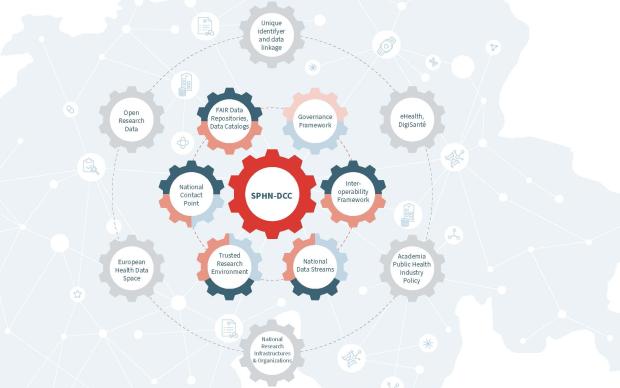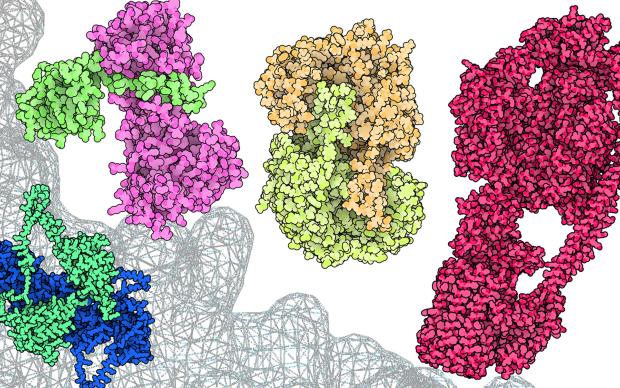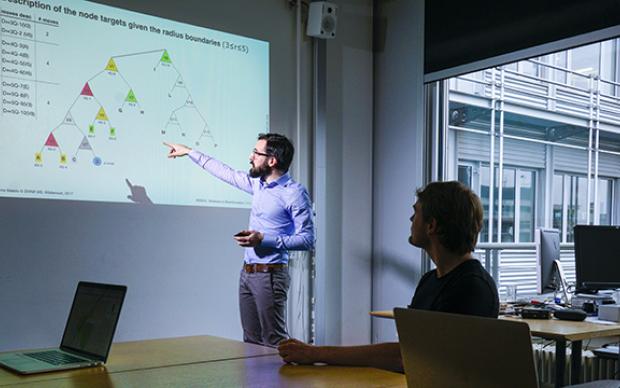Co-led by the University of Bern (UNIBE) and SIB, the proposal of a national infrastructure to foster the sharing and reuse of life science research data is gaining traction. The project is being polished for the last round of selection and the University of Lausanne (UNIL) and the École Polytechnique Fédérale de Lausanne (EPFL) have now joined. This brings the number of partners participating in the SwissBioData ecosystem to 18. Such an academic venture is of unparalleled scale in Switzerland.
Setting up the stage
UNIBE acts as the leading house of the SwissBioData ecosystem, SBDe (read about the project). As such, it is organizing the governance and managing the project’s funding. After the scientific evaluation by the Swiss National Science Foundation (SNSF) where SBDe obtained the highest possible score, UNIBE has conducted an in-depth feasibility analysis of the project. This analysis was recently submitted to swissuniversities. “This is an exciting moment for this timely and ambitious initiative. Implementing the SBDe would represent a big step forward for Switzerland in the digital transformation of data-driven life sciences,” says Hugues Abriel, the Vice Rector of Research at UNIBE.
SIB, whose experts have long been leading efforts towards open research data, acts as the Coordination Centre of SBDe. As such, it is in charge of coordinating its implementation across Switzerland. Following the scientific evaluation, the institute also increased its commitment in the crucial capacity building component of SBDe. The SIB Training group is indeed well positioned to coordinate the training activity for Open Research Data. It is involved in the set-up of the first Swiss curriculum for aspiring data stewards, which, if funded, would take the shape of a Certificate of Advanced Studies.
UNIL and EPFL joining
University of Lausanne and EPFL have now also joined the initiative. The inclusion of these two internationally renowned institutions is further good news for SBDe. It will stimulate further the bottom-up coordination across the data science ecosystem, from data generation, stewardship and curation to associated technologies. SIB Executive Director and scientific coordinator of SBDe Christophe Dessimoz adds: “All 18 institutions in the SwissBioData ecosystem are actively contributing to its development, both by committing their own funds and by ensuring it is relevant on the ground, for those who need it most: life science researchers across Switzerland.”
SBDe would enable the harmonization of data processes of 53 units across 18 Swiss institutions, ensuring data consumers—researchers and machines—to take advantage of these resources without having specialized background knowledge. This will boost Swiss researchers’ ability to transform data into knowledge and reinforce Switzerland's international competitiveness and standing in data infrastructure for life sciences.










